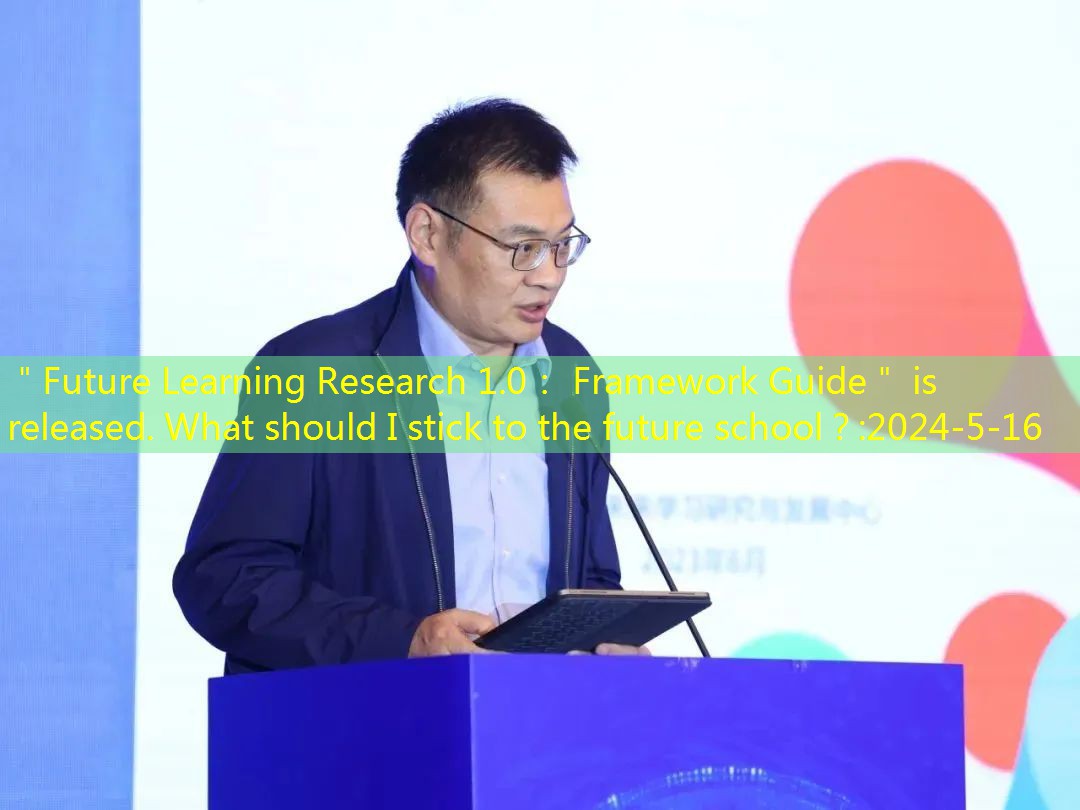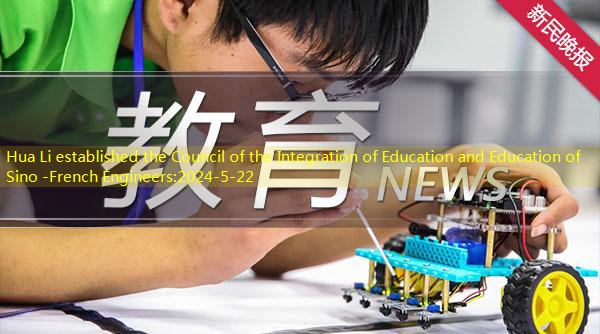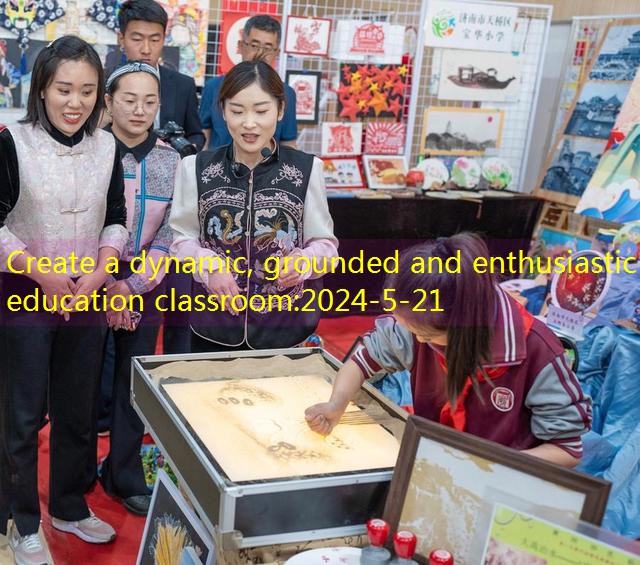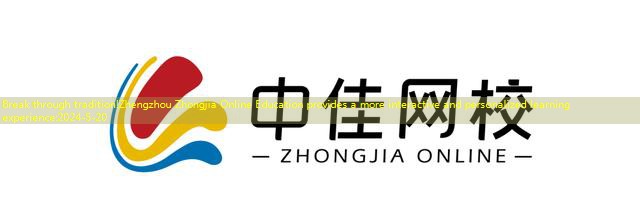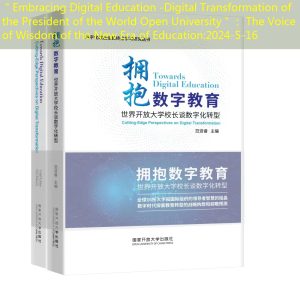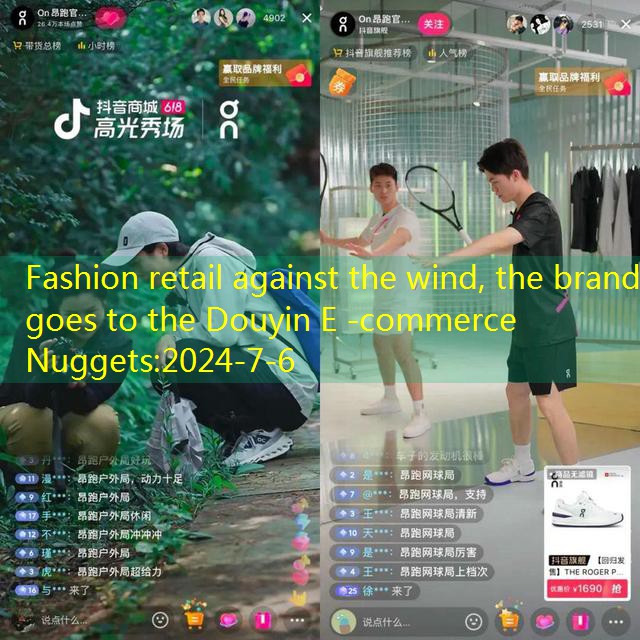Not long ago, the first annual meeting of Shanghai Basic Education opened in Baoshan District. The theme of this year’s event was focused on“Future Learning Research and Development”It aims to create a large platform for basic education and exchanges and mutual learning, build a new stage of Shanghai basic education development and strategic advantages, and open up and innovate, based on the Yangtze River Delta, radiate the country, and move towards the world.
At the meeting,Wang Yang, deputy director of Shanghai Future Learning Research and Development Centerannounced“Future Learning Research 1.0: Framework Guide”(The following referred to as “Guidelines”).
The “Guide” systematically explained the background of future study and research and the basic characteristics of future learning, and thoroughly analyzed the development trends and development trends of future study, future classrooms, future courses, future environment, future evaluation, future teachers, and future schools.Research topic selection.
Wang Yang interpreted the Guide from the three aspects of “background, basic characteristics and practical fields”.
(The following is Wang Yang’s speech on the spot, organized according to the on -site shorthand, and was slightly deleted. The “First Education” was authorized to be released.)

Wang Yang, deputy director of Shanghai Future Learning Research and Development Center
Today we are going to study-
How does learning happen?
How can students learn to learn, and learn and love?
Under the great changes in the environment, what changes will happen?
This is the core proposition of eternal education. The environmental changes have promoted the teaching and research of basic education. From the research on “teaching” to the importance of “teaching” to the research of “teaching” and “learning”.
We say that “artificial intelligence ‘teach'” and “teaching ‘artificial intelligence” must be considered from the perspective of teachers.From the perspective of students, we must consider “learning artificial intelligence” and “artificial intelligence ‘learning'”.This will have a huge impact on the way teachers teach and the way of student learning.
After more than half a year, the project team teacher compiled the “Future Learning Research 1.0: Framework Guide”.The “Guide” consists of 5 parts, which are the backgrounds of future study and research, the basic characteristics of future learning, the practical field of future learning, the regional action of future learning, and the practice case of future learning.
Below, I will go from“Background, basic characteristics and practical fields”Three aspects focus on.
Future learning research background
Future learning is based on several backgrounds-
· Learning for tomorrow is the logical starting point of future learning;
· Tong to 2035 is the strategic starting point for future learning;
· The rise of future schools, re -designing schools in response to future challenges has become an important measure for countries to promote the development of education.In the future, the redemption of the school’s re -design of the school with advanced technology has put forward higher requirements for the principal. The core value is to provide students with a personalized learning experience and promote the better development of students to adapt to future survival;
· The rapid development of emerging technical sciences such as artificial intelligence has further promoted the smooth migration and engineering application of discipline science from theory and experience to practice;
New requirements in the era of literacy.Focusing on the learning of learners and cultivating future learners with core literacy have become the value consensus of education reform in various countries around the world.
Basic characteristics of future learning
In the comparison method of “origin” and “future”, we summarize the four characteristics of future learning–
Feature 1: Future -oriented learners
On the one hand, we must be used to facing learners who are uncertain and cultivated in the future.On the other hand, we need to cultivate future basic literacy and promote endogenous development and exogenous development.To the community of human destiny, the cultivation of future learners should be connected with the destiny of human beings to seek common interests and value of human beings.
Feature 2: The original and the future of learning
In the future, learning will show a new look and characteristics, which will be more personalized and customized, focusing on developing students ‘innovative ability and comprehensive quality, and cultivating students’ ability to adapt to future social needs;Convenient learning methods and tools; more interdisciplinary integration and globalization, realize cross -cultural exchanges and cooperation, and promote the sharing and common of global educational resources.
Feature three: The origin and the future of the classroom
Classrooms are the core places for learning. In the future, classrooms are learning -centric classrooms, focusing on high -level thinking and key abilities of students, with flexible and normalized classroom environment, and respecting students’ leading inquiry and interactive teaching methods.In the future, the classroom is from teaching to “teaching, learning, doing, and evaluating”, and from classroom to school.Multi -functional intelligence is achieved in the classroom, and the outfield of the classroom is open.
Feature 4: The origin and the future of the school
As an important place for education, the school carries the mission of cultivating talents, inheriting culture, and promoting social progress.The “originally” of the school refers to the form and function of the school under the traditional education model. It is usually based on knowledge teaching, focusing on students’ cognition and training skills.
In the future, schools will become a learning space of student development, focusing on personalized, diversified, and openness, providing students with opportunities and platforms for comprehensive development, and helping them to become future leaders with innovative spirit and global vision.
Future learning practical field
In the future, we must rely on our exploration and creation, and start from now.
We have sorted out seven practical fields in the future-
· Future learning
The future learning style will be more diverse and more colorful. In addition to the conventional learning state, “problematic learning, project learning, gaming learning, deep learning, interdisciplinary learning”New learning styles such as adaptive learning and immersive learning by the intelligent era should be continuously exploring practice attempts in practice.
· Future classroom structure
Where does learning happen and where the classroom is.In the future, the classroom will rebuild interaction, emerging technologies will expand the scope of interaction, and realize the interaction and in -depth interaction of cross -class, cross -school, and cross -region.In the future, the classroom is the classroom of online and offline integration. In the future, the classroom is a variety of activities, and the classroom has multiple learning function areas. Each learning area will focus on supporting different teaching methods.Let each student get the richest courses support and learning experience.
· Future curriculum form
One is cross -disciplinary courses, the second is personalized courses, the third is digital courses, and the fourth is to return to nature courses, and fifth is a crowdfunding school course.In particular, “crowdfunding school courses” means that the whole society participates together, and it is necessary to form a course ecology with communication between interoperability in inside and outside the school, high resource sharing, and seamless process connection.
· Future learning space
In the future, three changes need to be achieved in learning space: one is to build a collective lecture into individual learning; the other is to transform the closed space to the open space; the third is to change the fixed function to flexible functions.In the future, learning space pays attention to the impact of the collective learning of students, and builds a learning environment that is more suitable for learners to explore knowledge.
· Future learning evaluation
The first is the evaluation upgrade of literacy orientation; the second is the intelligent evaluation of big data; the third is the precise evaluation of data -driven; the fourth is the comprehensive evaluation of big data support.
· Future teacher literacy
Teachers are the leaders of students, and the literacy of teachers also needs to keep pace with the times.We believe that teachers need to have 5 literacy, professional creation of literacy, digital application literacy, cross -school teaching literacy, lifelong learning literacy, and emotional communication literacy.
· Future school map
Future schools are systematic changes, including: educational concepts, academic systems, management and learning environment.The first thing to change is the educational concept. It is necessary to keep the students centered on the original intention of the students, but also insist on providing services for personalized learning.We also need to explore the breakthrough and innovation of the academic system, realize the cultivation of innovative talents, to carry out a new model of management based on educational data governance, improve the wisdom of education management decision -making and evaluation, and establish a new structure of schools that integrate virtual and realistic integration, realize the leapfrog material cross -matterThe future study of the world.
Research topics in future learning
In response to the above seven practical fields, the “Guide” has set up research topics, such as deep learning research under the support of new technical support, adapting to the new structure of classroom structures for future learning, curriculum knowledge diagram and adaptive learning research, and the open space construction construction in the futureResearch, research on education evaluation under the perspective of learning, research quality and self -growth of teachers, and self -growth research, school system construction for personalized learning services, and so on.
This is some of our festivals. The complete topic is presented in detail in the Guide. Welcome to read it. You are also welcome to join our team to conduct research.
Edit | Wang Jiayi
Follow “First Education”
Share to the circle of friends more surprises!
__________________________________














